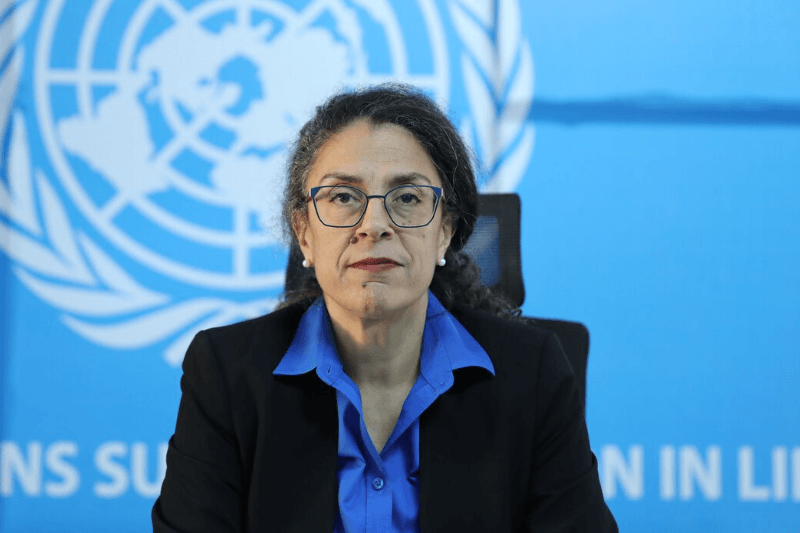Expressing major worries about the worsening situation in Libya, Stephanie Koury of the United Nations Support Mission in Libya (UNSMIL) briefed the UN Security Council on Tuesday, August 20, 2024. Libya’s political, economic, and security stability has rapidly dropped during the past two months, therefore hampering attempts for a negotiated political solution to the current situation.
Koury underlined the negative effects of unilateral acts by Libyan political, military, and security players that have heightened tensions, widened institutional and political gaps, and hampered efforts at a peaceful settlement. This decline coincides with a crucial period when Libya’s need for stable government and unity takes front stage.
Libyan Ambassador Taher Al-Sunni underlined in his speech to the Security Council the pressing necessity of Libya to heal its differences and bring back the functioning of its institutions by means of free, open, inclusive elections. Al-Sunni underlined that tackling the underlying causes of Libya’s instability and creating a political framework fit for long-lasting peace is the only practical way the country might be resolved.
The latest firing of the strong central bank governor, Sadiq al-Kabir, by the Tripoli-based presidential council has aggravated already delicate circumstances in Libya. This unilateral choice to replace al-Kabir with Mohamed Abdul Salam al-Shukri has generated debate and probably will widen the gulf in the nation.
Having been in charge of the Central Bank of Libya since October 2011, Al-Kabir had a great impact over the distribution of oil income for the nation, which drew praise and criticism from different groups. The east-based parliament and the Supreme Council of State in Tripoli have decided that his sudden removal is illegal since they believe that such a decision should include more general consensus under temporary rules created during UN-backed negotiations.
Keep Reading
Rich in oil, Libya is still sharply split between rival eastern authorities and a government backed by the UN. Crucially important for managing the resources of the nation, the Central Bank has itself reflected the political split of the nation with divided branches functioning in Tripoli and Benghazi.
The international community stays worried about the consequences for regional stability and the possibility of more conflict escalation as the situation in Libya gets worse. If Libya is to choose a road to peace and security, the need for a consistent approach to administration and the staging of inclusive elections becomes even more important.

